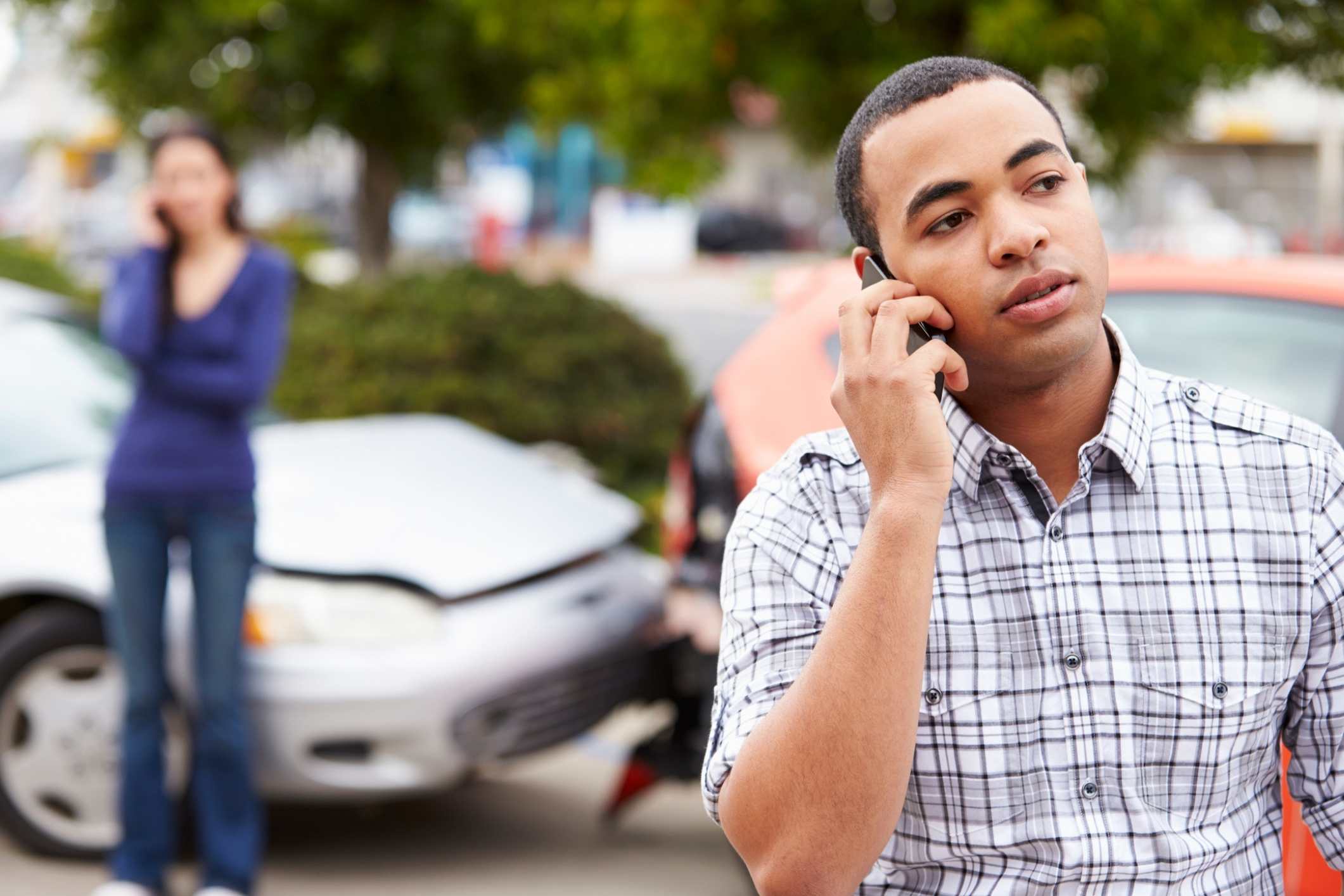The importance of speed limits can't be overstated, given the high number of accidents directly linked to speeding. If more people followed them, there wouldn't be nearly the number of tragedies on our roads. In 2021, speeding played a role in accidents, causing 273 deaths and 607 severe injuries in our state.
The law firm of Osborne, Francis & Pettis has years of experience helping people suffering from injuries due to car wrecks that weren't their fault. Whether a negligent driver was speeding or caused your wreck for some other reason, we'll help you obtain maximum compensation. Contact us online or call us at 561-293-2600 for a free consultation.
A Brief History of Speed Limits
Speed limits go back to the 17th century in America. In 1652, the New Netherland colony (part of the present-day states of Connecticut, Delaware, Maryland, New Jersey, New York and Pennsylvania)) stated that no carts, wagons or sleighs could be run "at a gallop" within the city of New Amsterdam.
Connecticut established the first motor vehicle speed limit in 1901. It was 15 mph on highways and 12 mph within city limits. President Nixon signed the Emergency Highway Energy Conservation Act into law in 1974, prohibiting any state from posting speed limits higher than 55 mph. The purpose was to conserve oil after the 1973 oil crisis.
President Clinton eliminated the nationwide maximum speed limit in 1995.
The Science Behind Speed Limits
Speed limits aren't arbitrary numbers. They're grounded in the principles of physics and safety. The science behind these limits revolves around how speed affects stopping distance and reaction time. These two factors are pivotal in understanding why speed limits exist.
Stopping distance is the space a vehicle needs to come to a complete stop after the driver applies the brakes. It's a function of the vehicle's speed and ability to decelerate. The faster a vehicle travels, the longer it takes to stop. This relationship between speed and stopping distance illustrates why higher speeds are inherently riskier.
Reaction time also plays a crucial role. It's the time it takes a driver to perceive and react to a hazard by applying the brakes or taking evasive action. At higher speeds, reaction time becomes compressed, leaving less time to respond to unforeseen obstacles or changing traffic conditions.
Also, accident severity increases with speed. When two vehicles collide at higher speeds, the impact is more forceful, leading to more severe injuries and a greater likelihood of fatalities.
Statistics consistently bear out this correlation between speed and the severity of accidents. According to a World Health Organization study, increasing vehicle speed by 5 mph increases the chances of a fatal accident by 20%. Insurance Institute for Highway Safety researchers found areas that increased their speed limits by 5 mph saw an 8% increase in fatalities on freeways and interstate highways.
Florida's Speed Limit Laws
Like every other state, Florida tailors speed limit regulations to various types of roads.
In residential areas, governments typically set speed limits lower to prioritize the safety of pedestrians, children playing, and residents going about their daily lives. These lower limits are designed to reduce the risk of accidents in areas where people live, work, and interact.
On highways, where traffic moves at higher speeds, speed limits are generally higher to accommodate the faster pace of travel. These limits are set with the goal of maintaining a smooth and efficient flow of traffic while still prioritizing safety.
Here's a quick look at some of the different speed limits in our state.
- Residential roads – 30 mph
- School zones – 20 mph
- Divided highways – 65 mph
- Interstates running through urban areas – 65 mph
- Interstates running through rural areas – 70 mph
The Role of Speed Limits in Car Accident Cases
Speeding is a common contributing factor in a significant number of accidents. Whether it's causing an accident or exacerbating the severity of one, speeding remains a serious safety concern on our roads. The National Safety Council reports that speeding played a role in 29% of all traffic deaths in 2021.
Speed limits are pivotal in car accident cases, particularly when determining negligence and liability. Exceeding speed limits can be used as evidence of negligence by the driver who was speeding. It demonstrates a disregard for the rules of the road and the safety of others.
This negligence can lead to the court holding the at-fault driver responsible for the accident and liable for the resulting damages.
The Broader Impact of Speeding
Speeding isn't just about accidents; it has far-reaching consequences for individuals, families, and society. The injuries sustained in speeding-related accidents can be severe, often resulting in long-term physical, psychological, and financial impacts on victims and their families.
- Physical impacts: Victims of speeding-related accidents may suffer from traumatic brain injuries, spinal cord injuries, broken bones, and severe lacerations. These injuries can require extensive medical treatment, rehabilitation, and, in some cases, lifelong care.
- Psychological impacts: The trauma of being involved in a high-speed collision can lead to lasting emotional scars, including post-traumatic stress disorder (PTSD) and anxiety.
- Financial impacts: The financial consequences of speeding-related accidents can be overwhelming. Medical bills, rehabilitation costs, and lost income due to injuries can quickly accumulate, placing a significant financial burden on victims and their families.
How to Prove that the Driver Who Hit You Was Speeding
Proving that the driver who hit you was speeding often requires gathering evidence from the scene of the accident. This evidence can include witness statements, accident reconstruction, and analysis of the damage to the vehicles involved.
Eyewitness accounts can provide valuable information about the speed of the vehicles at the time of the collision. Skid marks on the road can also offer clues about the speed and braking of the vehicles involved.
Surveillance footage from nearby cameras can also be crucial in establishing the speed during the accident. These sources of evidence can help build a solid case to demonstrate that the other driver was driving too fast.
Safety Tips for Florida Drivers
Adhering to posted speed limits is critical, especially in a state like Florida with varying weather conditions. Rain, fog, and other adverse weather factors can reduce visibility and road traction, making it even more critical to comply with speed limits.
In addition to obeying speed limits, practicing defensive driving is a crucial component of road safety. Defensive driving involves anticipating potential hazards and being aware of one's surroundings. It means not only following the rules of the road but also being prepared for the unexpected actions of other drivers.
Regular vehicle maintenance is equally essential, particularly regarding safety at high speeds. Ensuring that brakes, tires, and other critical components are functioning can significantly affect a driver's ability to stop or maneuver safely.
Contact Osborne, Francis & Pettis if You Were Hit by a Speeding Driver in Florida
If you find yourself in the unfortunate situation of being hit by a speeding driver in Florida, seeking legal support is crucial. Osborne, Francis & Pettis car accident attorneys will provide the expertise and guidance to help you get the money you deserve for your injuries and losses.
Don't hesitate to ask for assistance by calling 561-293-2600 or using our online form to schedule a free case evaluation.

.avif)












.avif)


.svg)



